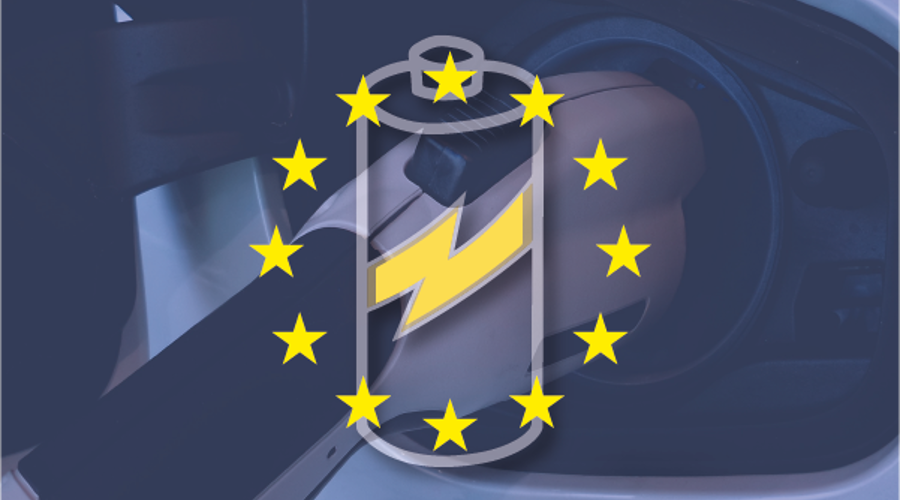The Council of the European Union (EU) adopted on Monday a new regulation that strengthens sustainability rules for batteries and waste batteries.
The regulation will cover the entire life cycle of batteries — from production to reuse and recycling — and ensure that they are safe, sustainable and competitive, the Council said in a press release.
The regulation will apply to all batteries, including all waste portable batteries, electric vehicle batteries, industrial batteries, starting, lightning and ignition (SLI) batteries (used mostly in vehicles and machinery) and batteries for light means of transport, such as electric bikes, e-mopeds and e-scooters.
« Batteries are key to the decarbonization process and the EU’s shift towards zero-emission modes of transport, » Teresa Ribera, Spain’s minister for the ecological transition, whose country currently holds the EU Council Presidency, said in the release.
« The new rules will promote the competitiveness of European industry and ensure new batteries are sustainable and contribute to the green transition, » she added.
The regulation sets targets for producers to collect waste portable batteries (63 percent by the end of 2027 and 73 percent by the end of 2030) and introduces a dedicated collection objective for waste batteries for light means of transport (51 percent by the end of 2028 and 61 percent by the end of 2031).
It also sets a target for lithium recovery from waste batteries of 50 percent by the end of 2027 and 80 percent by the end of 2031. The recycling efficiency target for nickel-cadmium batteries is set at 80 percent by the end of 2025 and 50 percent by the end of 2025 for other waste batteries.
The European Commission presented a proposal for the regulation on batteries in December 2020. The regulation will now be signed by the Council and the European Parliament, be published in the EU’s Official Journal and enter into force 20 days after.































